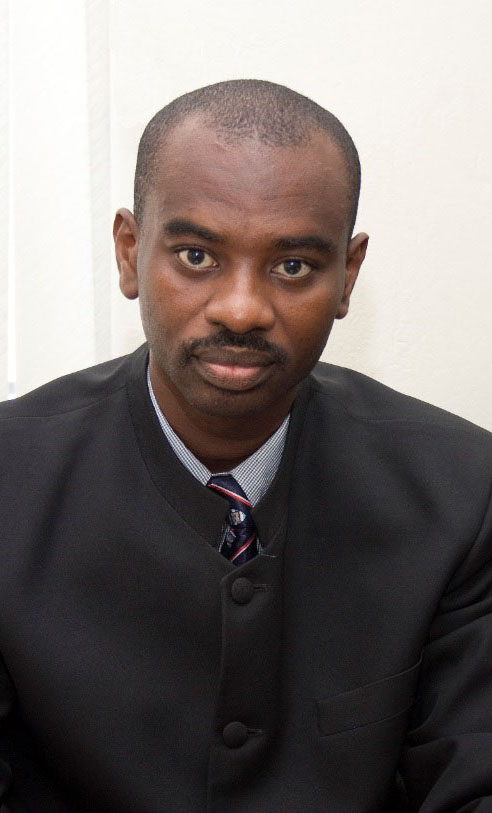If the University of the West Indies’ Cave Hill Campus gets its way, employers across the Caribbean may find themselves under greater pressure than they are at this time to pay attention to workplace wellness as part of their obligation to their employees.
Against the backdrop of what he sees as the serious neglect of conditions that obtain at work places in the Caribbean, Dean of the Faculty of Social Sciences at University of the West Indies’ (The UWI), Cave Hill Campus, Dr Justin Robinson says this facet of worker welfare merits a great deal more attention than it currently attracts. And arising out of the recent launch of a workplace wellness initiative for the Caribbean by the Cave Hill Campus in collaboration with St Lucia’s National Insurance Corporation (NIC), Dean Robinson asserted that the length of time that employees spend at their workplaces justifies the importance of finding the right balance in terms of conditions under which employees work.
“If you count our waking hours, we probably spend much more of our waking hours at our workplaces than our homes so the quality of the environment or workplace wellness is a critical factor, not only in terms of productivity but the quality of human life,” the UWI professor is quoted as saying.
The workplace health and wellness initiative, a Barbados Advocate January 24 report says, is aimed at “enhancing worker productivity and the quality of people’s lives as human beings.”
Here in Guyana, both public and private sector workplaces are periodically cited for failure to provide convivial conditions to protect the physical and mental health of workers. Additionally, workplace accidents are frequently linked to health hazards associated with both the physical and environmental conditions in which people work.
Over many decades the workplace safety regime linked to the health and safety rules administered by Ministries responsible for workplace safety in the Caribbean have appeared mostly weak. Here in Guyana the occupational safety and health regime has been known to be ponderous in the investigation of workplace accidents, with decisions often taking years and victims of workplace accidents or illnesses not securing compensation commensurate with injuries and other ill-health effects arising out of workplace accidents or workplace environmental conditions.
Last week, speaking on condition of anonymity, a Ministry of Social Protection source told Stabroek Business that where workplace safety and a convivial working environment are concerned, “our offices, factories and other workplaces are not in a good place. Worse still, the system does not usually work well for employees who are injured or otherwise affected by adverse working conditions. Employee complaints against owners and managers of unhealthy and unsafe workplaces do not usually encounter satisfactory or timely official attention,” the source told Stabroek Business.
Local private sector workplaces are sometimes cited, mostly in response to workplace accidents, for operating their businesses in unsafe conditions including exposing workers to environmental conditions that are harmful to their health. To make things worse the authorities here have not, over the years, developed a reputation for reading ‘riot acts,’ to delinquent employers or habitually punishing the delinquents through resort to the courts of the closure of operations at unsafe and/or unhealthy workplaces.
Setting aside the raising of awareness Robinson says he wants the regional workplace health and wellness initiative to provide training and access to global best practices, in order that workplaces throughout the Caribbean can become more friendly places for workers to exist.
In addition to The UWI and the NIC, the NYU Roy Myers College, the Pacific Coast University, University of Frederic-ton, Health Standard Organization of Canada and the Caribbean Public Health Agency are involved in facilitating the wellness initiative.






